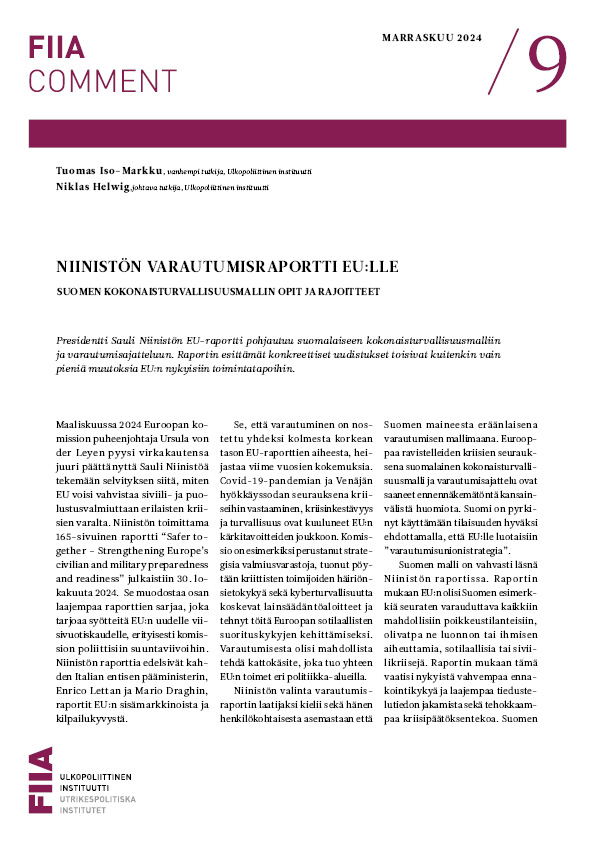European foreign policy is at a complicated crossroads. The European model is challenged by changing patterns of global power and interdependence, and the economic crisis is producing a backlash on the integration project. National foreign services are under the dual pressure of the economic crisis and an overall decline in the importance of traditional diplomacy, while the implementation of the Lisbon Treaty and the creation of the European External Action Service (EEAS) are supposed to stimulate an internal logic towards more EU integration and burden-sharing in foreign policy.
This report asks how to equipe European foreign policy for the 21st century. What kind of diplomatic system will be at the service of European foreign policy, forging together EU and national elements? How are the EEAS and national diplomacies going to find a modus vivendi and a new division of labour?
The authors argue that the EEAS needs to be at the centre of an emerging EU system of diplomacy, shaping it and not just being shaped by others, and creating a new sense of unity. At the same time, it is essential for the legitimacy and effectiveness of European diplomacy that the EEAS interacts smoothly with national foreign services.









